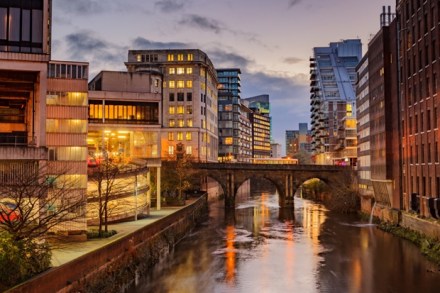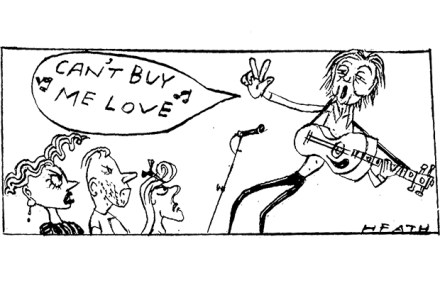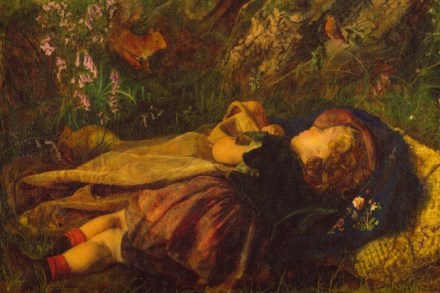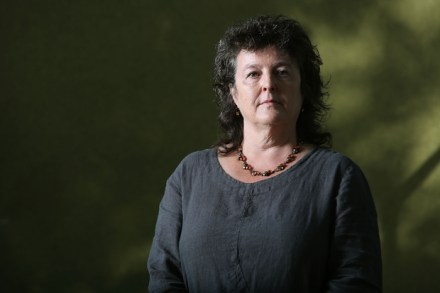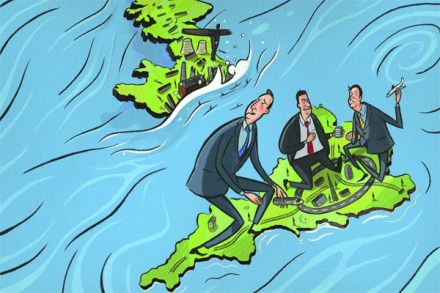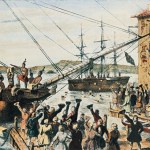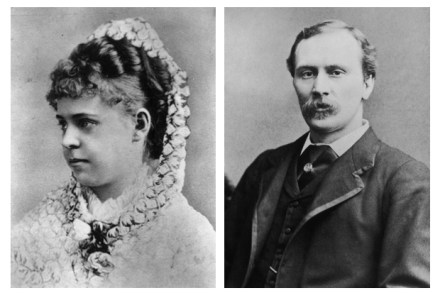Letters | 7 July 2016
Junior elitists Sir: In response to Andrew Peters’s reminder that in many cultures it is the older and more experienced whose views are respected, I am stunned by the social media tsunami of self-regard shown by so many apparently well-educated young people in the wake of what they see as an adverse referendum result (Letters, 2 July). I have heard many of them vehemently expressing a sense of betrayal by their elders and, not a few times, by those less educated than themselves. Do they not realise that they are already sounding like junior members of the self-serving, self-appointed elite, the very people whose blinkered arrogance led directly to Brexit’s



